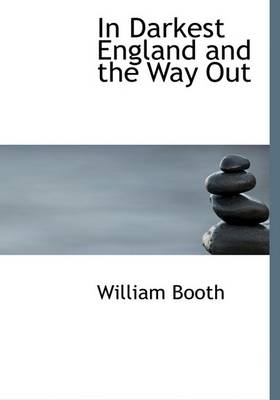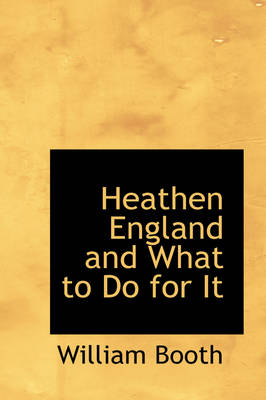Cambridge Library Collection - British and Irish History, 19th Century
2 total works
This classic work in the literature of poverty was published in 1890 by William Booth (1829-1912), the founder of the Salvation Army. It was in fact mostly written by the crusading journalist W. T. Stead (referred to as an anonymous 'friend of the poor' in Booth's preface), but the practical ideas for relieving the poverty and squalor of late Victorian British cities are all Booth's own. Reworking the cliche of 'Darkest Africa', in the first part he describes the 'submerged tenth' of Darkest England - destitute and/or criminal - and goes on to suggest the way to 'Deliverance', which includes better housing, education and training for work, and the sending of the urban poor to 'colonies', both overseas and in the British countryside. These proposals had their critics, but drew wide attention to an appalling aspect of urban life of which the prosperous classes were barely aware.
This book, published in 1877, describes both the 'utterly Godless condition of the vast majority of the English nation' and the activities of William Booth (not yet famous as the founder of the Salvation Army, first named in 1878) at the Whitechapel Christian Mission, where he had been working since 1865. It is not clear whether Booth (1829-1912) actually wrote this book: the preface is signed by 'Geo. R.', and Booth is referred to in the third person, but it is conventionally ascribed to him and certainly echoes his own beliefs. (Booth's more famous 1890 work, In Darkest England and the Way Out (also reissued in this series) was ghostwritten by journalist W.T. Stead.) Using anecdotes from Whitechapel, the book claims that the British urban working classes are in more urgent need of Christian help and education, on the model provided by Booth, than any so-called pagan society overseas.

